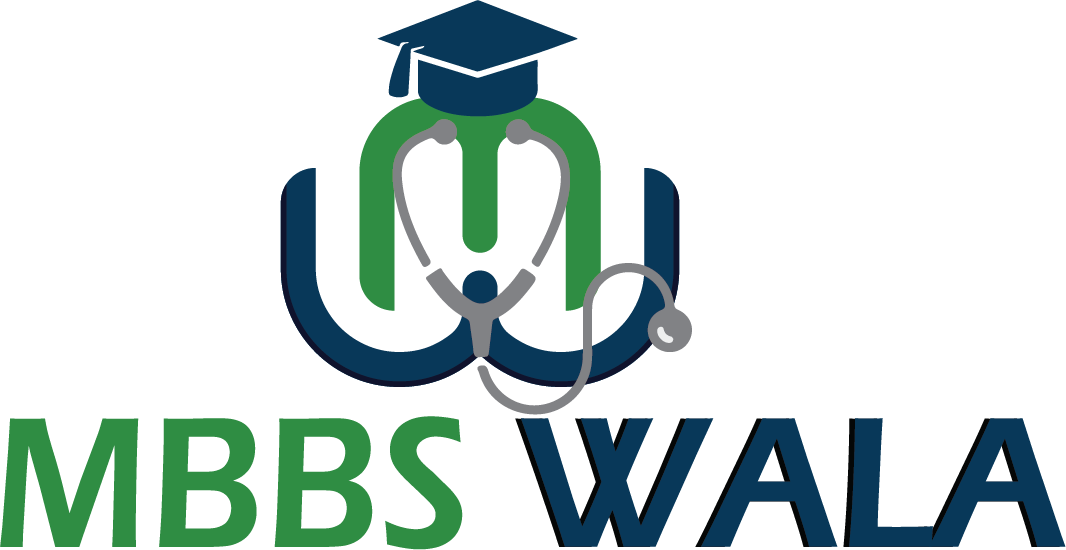Posted On: June10, 2024
After completing an MBBS degree, graduates have a wide range of career opportunities available to them, both within clinical practice and in various non-clinical fields. Here’s an overview of potential career paths:
Clinical Practice
-
General Practitioner (GP):
- Role: Provide primary and continuing medical care to patients. GPs diagnose and treat a variety of illnesses and conditions, and they play a key role in preventive care.
- Workplaces: Clinics, hospitals, private practice.
-
Hospital Doctor:
- Role: Work in various departments within hospitals, such as emergency medicine, internal medicine, surgery, pediatrics, and more.
- Workplaces: Public and private hospitals.
-
Specialist:
- Role: After further training and specialization, work in a specific field of medicine such as cardiology, dermatology, oncology, neurology, etc.
- Workplaces: Specialized clinics, hospitals, academic medical centers.
Postgraduate Training and Specialization
-
Residency Programs:
- Purpose: Provide specialized training in a chosen field of medicine.
- Outcome: Become a specialist or consultant in areas such as surgery, internal medicine, pediatrics, obstetrics and gynecology, psychiatry, etc.
-
Fellowships:
- Purpose: Advanced training in a sub-specialty after completing a residency.
- Outcome: Further expertise and opportunities in highly specialized areas like interventional cardiology, pediatric neurology, etc.
Research and Academia
-
Medical Researcher:
- Role: Conduct research to advance medical knowledge, develop new treatments, and improve patient care.
- Workplaces: Universities, research institutions, pharmaceutical companies, government agencies.
-
Academic Positions:
- Role: Teach medical students and residents, conduct research, and publish scholarly articles.
- Workplaces: Medical schools, universities, academic hospitals.
Non-Clinical Careers
-
Healthcare Management and Administration:
- Role: Manage healthcare facilities, develop healthcare policies, and ensure efficient healthcare delivery.
- Workplaces: Hospitals, healthcare systems, government health departments, private healthcare organizations.
-
Medical Journalism and Writing:
- Role: Write for medical journals, health magazines, online health platforms, and media outlets. Provide accurate medical information to the public.
- Workplaces: Publishing houses, media companies, freelance.
-
Pharmaceutical and Biotechnology Industry:
- Role: Work in drug development, clinical trials, medical affairs, regulatory affairs, and marketing.
- Workplaces: Pharmaceutical companies, biotech firms, regulatory agencies.
-
Public Health:
- Role: Focus on improving community health, developing public health policies, and managing public health programs.
- Workplaces: Public health organizations, government agencies, NGOs, international health organizations.
Entrepreneurship
-
Healthcare Startups:
- Role: Innovate and develop new healthcare technologies, services, or products. Start and manage healthcare businesses.
- Workplaces: Self-owned businesses, health tech companies, consultancy firms.
-
Private Practice:
- Role: Establish and run a private clinic or healthcare facility.
- Workplaces: Own practice, partnerships.
Global Opportunities
-
International Health Organizations:
- Role: Work with organizations like the World Health Organization (WHO), Médecins Sans Frontières (Doctors Without Borders), and other international NGOs.
- Workplaces: Various locations worldwide, often in areas with significant healthcare needs.
-
Global Health Policy and Planning:
- Role: Develop and implement health policies on a global scale, work on international health programs and initiatives.
- Workplaces: International organizations, government agencies, global health think tanks.
The MBBS degree provides a solid foundation for a wide range of career paths, both clinical and non-clinical, allowing graduates to choose from various fulfilling and impactful professions in the healthcare sector and beyond.

